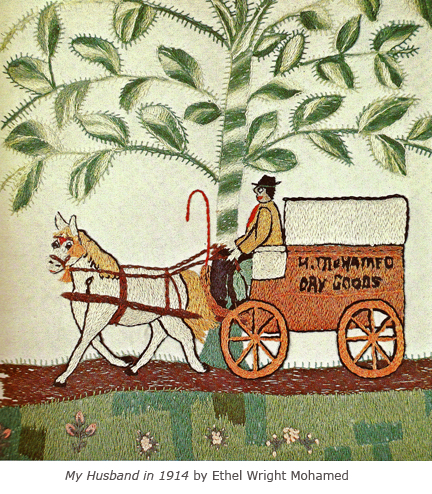Chinese immigrants came to America in the late nineteenth century in search of the fabled Gam Sahn, or Golden Mountain. When they arrived to the alluvial plains of the Mississippi Delta, all they found was back-breaking agricultural work. First introduced to the region as indentured servants by planters during Reconstruction, these early Chinese sojourners (mostly from the Guangdong or Canton province) soon became disenchanted with working the fields. They moved off the plantations. Some left to go back home to China, but others stayed and opened small neighborhood grocery stores. Serving as an alternative to plantation commissaries and catering to a predominately African American clientele, the Chinese American grocer was a mainstay in many Delta neighborhoods well into the twentieth century.
Life in the grocery business was by no means an easy living. Early mornings and late nights were normal, as were the stresses of competition from large supermarket chains. Added to that were the stresses that they endured as immigrants navigating the complex socio-political structure of a region that historian James C. Cobb has called the “most southern place on earth.”
Collected here are some of their stories. Meet Joe Dan Yee of Yee’s Food Land in Lake Village, Arkansas, who bucked the trend of many second- and third-generation Delta Chinese by staying home, after his parents retired, to take over the family market. Listen to Tony and Monica Li, who arrived from Hong Kong in a later wave of immigration, talk about quitting comfortable office jobs in pursuit of the American Dream.
Though the numbers of Chinese grocers diminish year by year, family stories tell an important history of immigration. They also speak to the formation of a unique food culture in the Mississippi and Arkansas Deltas.










